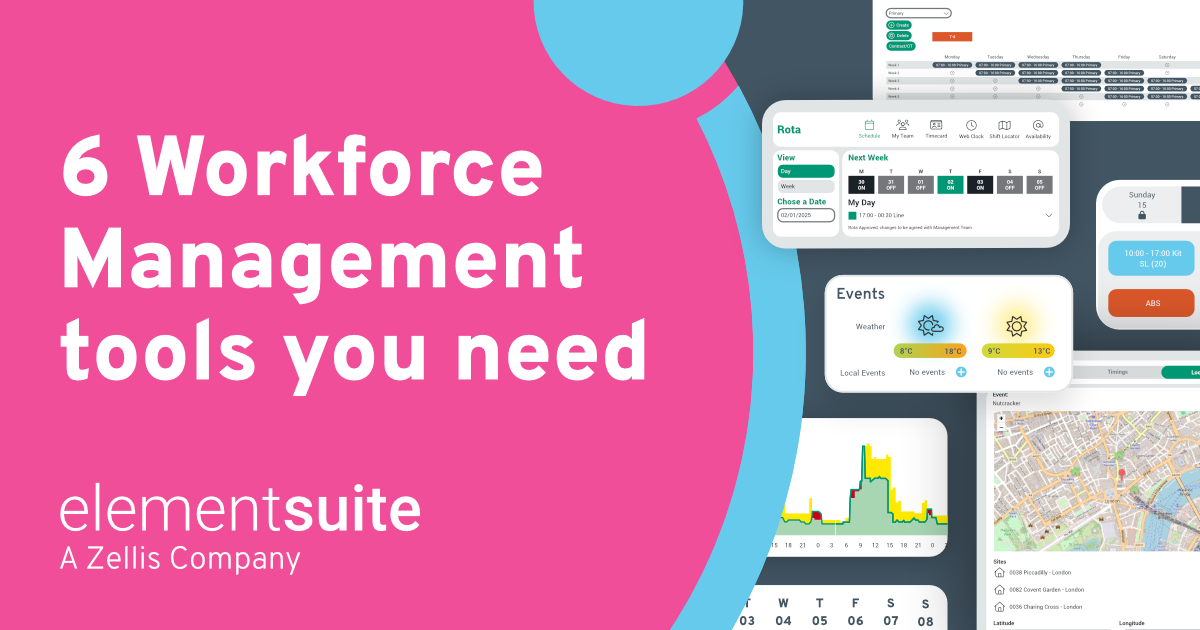Evidence shows there is a continuing acceleration of digital transformation across organisations. For many businesses, this was simply recognising the need for more digital processes and moving it up the priority list. However, for others, they have accelerated years, in a matter of months. According to a McKinsey study, businesses have leapfrogged as much as seven years of digital progress in a matter of months.
Although digital transformation is underpinned by technology, what underpins its success is people. Digital transformation is defined as the transition of a business based on traditionally manual processes to a business that has technology at its core in all its functions. Transformation is the outcome of digitisation, it’s the end result achieved by embracing digital technologies in HR.
When done right, digital transformation is changing the way we work and live for the better. Digital transformation is increasing employee happiness.
Myth busting
Technology is an enabler when it comes to employee engagement. A happy workforce is generally an engaged workforce, higher performing, committed and less likely to be a flight risk. Traditional employee engagement was more of a transactional activity with monthly or annual accolades to the best performers. Perhaps managers would give a ‘pat on the back’ for a job well done. This shouldn’t stop leaders from openly giving kudos to staff. However, the new generation of talent in our workforce today require instant gratification. Old methods of engagement no longer fit. This is particularly true for disbursed, remote workers or work environments where shift work is prevalent or staff working across multiple locations. Its where technology really works, to keep a workforce engaged and happy.
HR technology has truly revolutionised the way organisations take care of their talent. Its playing a pivotal role in aiding organisations to engage their people through real time, interactive, personalised automation. No longer is it a transactional approach, its planned, flexible and part of the culture.
A report into the fourth industrial revolution (new technologies), published by the Commons Work and Pensions committee, regarding the impact of technologies and automation to transform the way we live and work shows that the outcome is positive. The evidence shows that instead of mass displacement of workers, its like to lead to greater job satisfaction. Additionally, rather than lead to the mass displacement of workers its likely to transform jobs for the better as well as create more.
Worker happiness and productivity go hand in hand
Almost every industry suffers from time wasted by workers along with significant time spent on activities that could be automated. Research by McKinsey suggests that 40% of workers spend at least a quarter of their time on repetitive tasks, whilst 60% estimate they could save at least six hours a week with greater automation in their role.
Happiness for staff comes from automating, simple repetitive tasks allowing staff to concentrate on more high value, complex and value adding tasks for the business. Tasks that require thinking, problem solving and decision making. Other research from the University of London has show that employees at organisation where their roles are augmented by automation get a third more work done with their time. Staff are released by the burden of tedious, mundane, monotonous and repetitive tasks. Relieved from these tasks and activities, staff happiness and engagement exponentially increase because staff are undertaking more engaging work. Automation means certain tasks can be forgotten, or moved into exception dashboards, reducing staff stress.
Put more focus on people processes
Digital tools and digital transformation are enabling the entire employee life cycle. People processes need to be people friendly to enable them to be successful and your business to thrive, all day, every day.
HR and people enabled digital workflows and automation offer an incredible opportunity to improve the working lives of staff. They also enable easier, more accessible learning opportunities. Tech enabled generations expect immediacy, with everything easily accessible on their mobile devices. Digital transformation enables the ability to deliver training at the point of need.
Current and future generations are digitally enabled and simply will not accept traditionally mundane tasks that could be digitally enabled. They want to take control and be able to self-serve when convenient to them. Hence the need and the desire to use digital tools across the wider hire to retire processes of HR and payroll. The harmony of tech and talent is an incredible opportunity for HR to revisit and streamline the processes that happen around their people.
Digital transformation in HR made easy
SaaS HR platforms have made easy work of implementing and sustaining flexible engagement, enabling employers to recognise, appreciate and reward staff in real-time, irrespective of their location.
Digital transformation of HR processes means organisations can deliver the best benefits and measure their effectiveness in real time, with detailed analytics. Thereby improving employee engagement, digitally. The research and outcomes are compelling for the adoption and activation of digital transformation… happy, engaged, higher performing staff.
elementsuite HR Software







